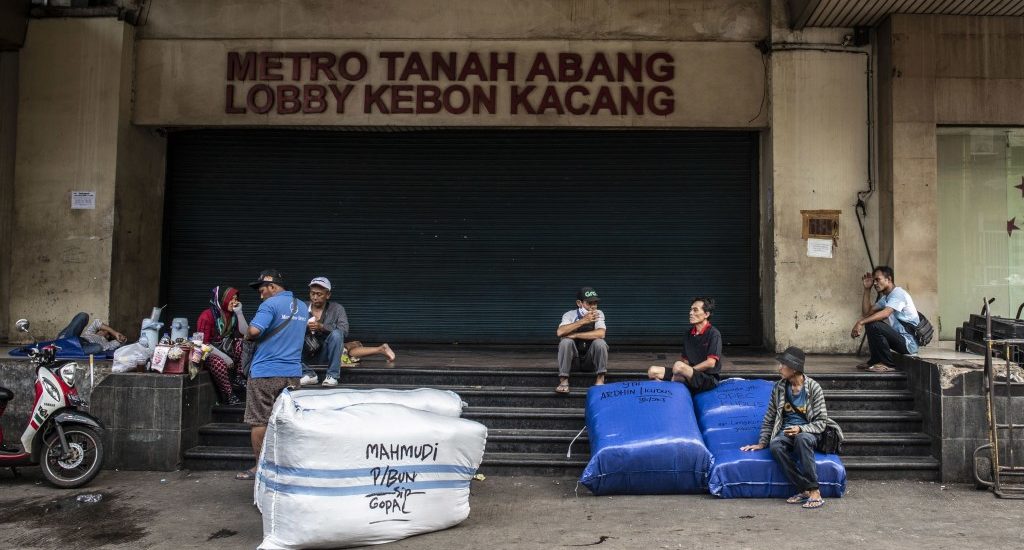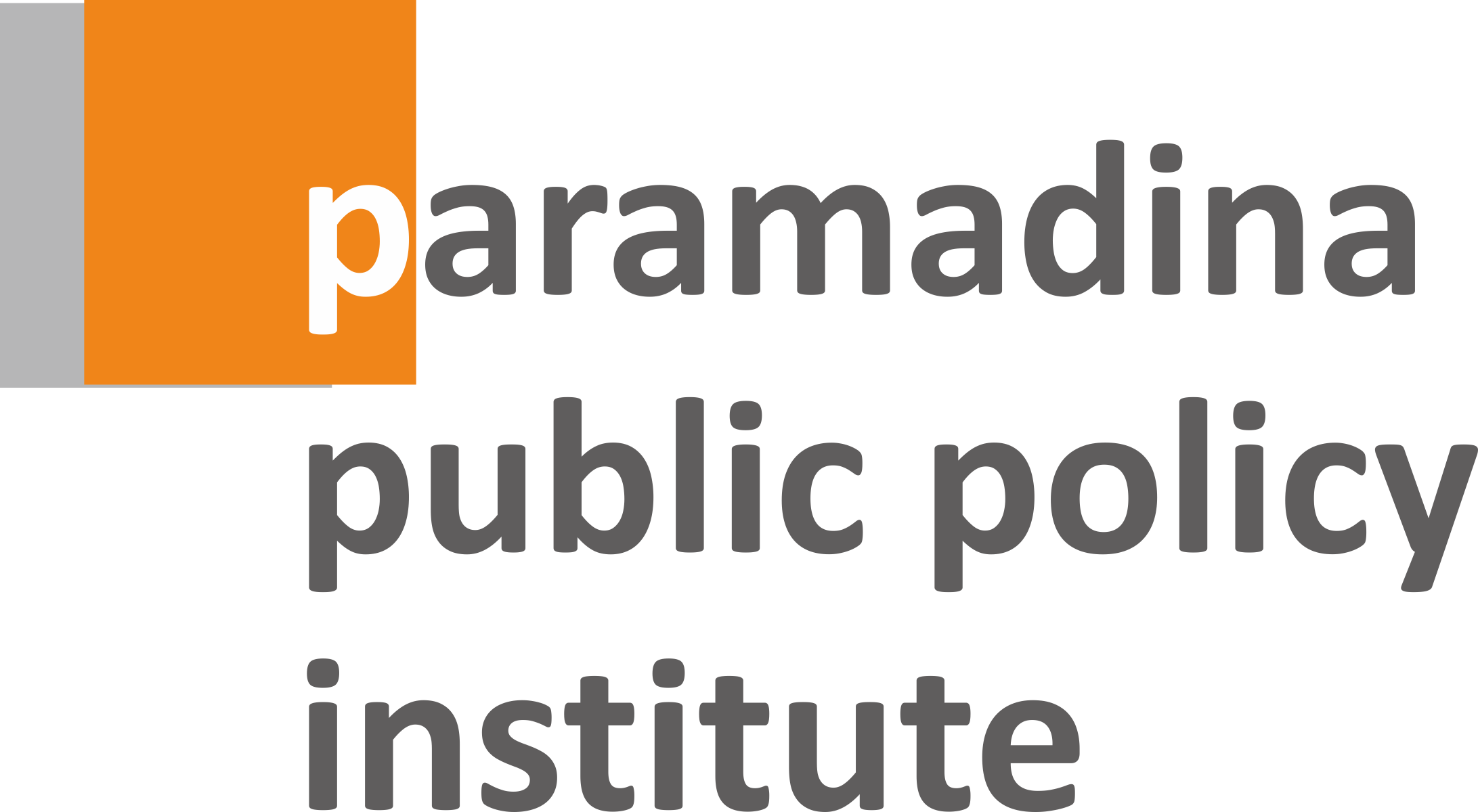- May 18, 2020
- Posted by: Muhamad Rosyid Jazuli
- Category: Economy, News, Wijayanto Samirin MPP

Trends in the number of positive patients of COVID-19 in Indonesia indeed continue to increase as there are no signs of reaching the peak yet, let alone decreasing. This is quite alarming because the impact is predicted to continue for a long time.
Lecturer at Paramadina Graduate School, Wijayanto Samirin, projected that the coronavirus pandemic will still be experienced by Indonesia at least until the end of the year.
“Of course, this (COVID-19) has a huge impact (for Indonesia), so that in a crisis like this, an expeditious handling policy is needed. In normal situations, the policy must be accurate, precise, full of consideration.
“But in a crisis situation, speed is more important than policy precision,” said the former Special Staff of the Vice President Jusuf Kalla was in an online lecture held by the Management Program of Paramadina University, Friday (5/15).
Founder and Head Advisor of Paramadina Public Policy Institute, Wijayanto described that the coronavirus pandemic has more severe economic impacts than the 1998 monetary crisis. In that New Order crisis, the most affected were corporations, especially those connected with the financial and banking systems.
While the current crisis hit all economic sectors, including micro, small and medium enterprises or MSMEs.
In the 1998 monetary crisis, the small and medium business sector was able to survive and became one of the significant pillars of the national economy.
“During the 1998 crisis, the commodity sector such as cocoa farms, rubber farms, mining businesses, they actually enjoyed the strengthening the US dollar exchange rate. Their income from exports rose. But now everybody has been hit (by the pandemic),” he said.
Wijayanto estimated that the widespread economic impact of the pandemic would make Indonesia’s economic growth throughout 2020 depressed in the range of minus 2 to minus 4 percent.
Then it will experience recovery and stagnant economic growth in the new average in the range of 4 to 5 percent.
This news is based on what has been reported by Kumparan.com
